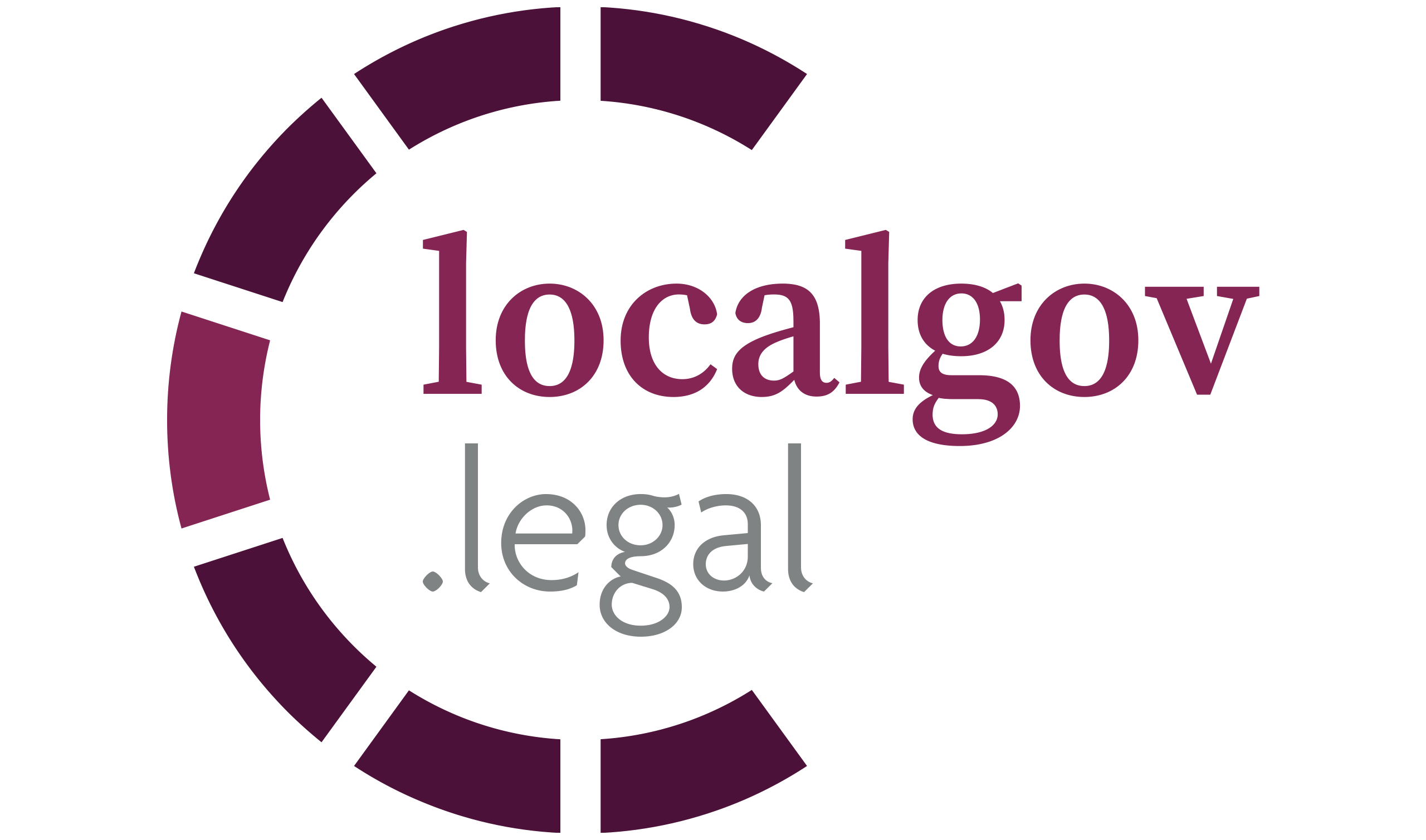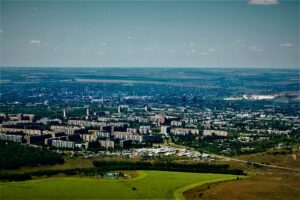Bristol is famous for doing things differently and its local currency, strong sense of ethics and powerful community action set it apart from the UK’s other core cities. But its image as an ‘alternative’ economy is exacerbating the city’s inequality.
If you were to imagine an alternative local economy, it would probably look something like Bristol. Social enterprises and local businesses shout louder than chain stores in parts of the city centre; you can use its local currency the Bristol Pound to pay for everything from bus fares to business rates; it has fiercely independent high streets and a strong small business sector.
Ethical and alternative finance – from Triodos to the Bristol SITR fund – is tapped into to set up social initiatives, and some of the UK’s most famous environmental organisations, from Sustrans to the Soil Association, have their base here.
Bristol has been named European Green Capital 2015 in part due to its thriving green economy, and its independent mayor George Ferguson has increased the city’s liveability and sense of fun, with initiatives such as Make Sundays Special, which last year saw a water slide installed in the city centre.
Bristol is a city that is proud of its difference, one that wears its values on its sleeve, and where its people have a strong sense of agency and community.
‘It feels more normal here to have conversations about what you care about and to do something about it,’ says Ciaran Munday, director of Transition Bristol and one of the co-founders of the Bristol Pound. ‘There are some exceptional parts of Bristol that are a living example of the alternative.’
‘We need to go back to running things by the people
for the people and have to give up the idea of growth.’
A phoenix from the ashes
One of those exceptional places is Stokes Croft, an area on the edge of the city centre that has always been a magnet for artists and musicians. It was the scene of riots in 2011 when a Tesco store was opened against the wishes of the community. Today the shop is lost amid a plethora of independent and social businesses on a high street where billboards have been replaced with murals, including one reminding passers-by to ‘Think Local, Boycott Tesco’.
Everywhere you look there are signs of a self-managed community that has fought back against corporate and state power to create its own alternative, from the Co-exist Centre to the only public water fountain in the city.
Driving it is the People’s Republic of Stokes Croft (PRSC), which has designated the area a cultural quarter and is setting up a community land trust to secure its future.
Its chair is Chris Chalkley, an economics student in the 1970s who now rails – and acts – against the role of market economics in peoples’ lives. His own china business having been affected by globalisation, he bought up remnants of another victim of global forces – the Staffordshire pottery business – to create Stokes Croft China, which now funds the work of the PRSC. ‘We are a phoenix rising from the ashes,’ he says, adding that ‘enlightened community ownership’ is needed to create a true alternative to the current system. ‘The only way to affect change is to do it where you live’, he says. ‘We need to go back to running things by the people for the people and have to give up the idea of growth.’
He recognises, however, that Stokes Croft is a ‘bubble of genteel niceness’ and in more marginalised places across the city a very different story about economic forces is being played out.
The cafe at Barton Hill SettlementA tale of two cities
At Barton Hill Settlement people are too busy negotiating zero hour contracts and changes in welfare rules to fight back. Chief executive Joanna Holmes has seen stress levels among local residents rise dramatically as the impact of austerity and welfare reform hit.
‘People are struggling economically’, she says. ‘While previously they might have had a dream about where they wanted to go in their life and had time to train and change their situation they can’t do that now.’
Barton Hill is on the edge of Bristol city centre and just a few hundred yards from the Temple Quarter Enterprise Zone, one of the city’s key drivers of economic growth. But little attempt is being made to connect the poverty in Barton Hill with the growth being driven by local economic vehicles such as the local enterprise partnership (Lep), Holmes says.
That Bristol is a tale of two cities has become a cliché. The city that makes headlines is the one to which highly qualified people are drawn to from London, taking up the new opportunities in low carbon, high-tech and creative industries and enjoying the lifestyle on offer in places like Clifton and Redland. The city that is not shouted about so much is found south of the river Avon in places like Withywood and Knowle West and around the city centre, where high levels of poverty are deepening. Lower skilled people here have fewer skills that those in other core cities and race inequality is particularly acute.
The city is rightly proud of its localised and green economy and strong levels of community participation, but until it bridges the gaps between its affluent and poor neighbourhoods its credentials as an ‘alternative’ economy are in doubt.
‘The story should not be about being able to trapeze
in the city centre but about taking chunks out of child poverty’.
‘A pimple on Bristol’s greatness’
Marvin Rees, who stood as Labour’s candidate for Bristol mayor in 2012, calls poverty and inequality the ‘pimple on Bristol’s greatness’ and says that when he points out the city’s less glossy tale, he is accused of being a PR liability.
‘The story should not be about being able to trapeze in the city centre but about taking chunks out of child poverty,’ he says.
Is the city’s desire to present itself as a vibrant, creative and green economy deflecting from its true image and preventing progress towards greater equality?
Those working in community organisations in poor areas are frustrated by a public image of the city that is far removed from the lives of those around them, and by being used as ‘bid candy’ for high profile awards such as Green Capital 2015, only to find themselves excluded from the benefits.
People involved in some of the city’s social enterprises and environmental movements admit that, while they exude openness and acceptance, they are often dominated by white, middle-class people and are not making significant in-roads into levels of inequality.
‘We’re seeing the gentrification of progressive politics’
Indeed, a certain aesthetic emerges when clusters of social and environmental organisations develop, one that by its nature is exclusive. It’s there on the streets of Stokes Croft and in the artisan bakeries and breweries that now proliferate in the city. The benefits of such businesses and organisations as ‘alternatives’ to the mainstream economy are not in doubt; problems arise when this is as far as the ‘alternative’ goes.
Rees describes the problem as the ‘gentrification of progressive politics’, where the terms of the debate are dominated by a particular privileged group.
This situation is not unique to Bristol, but is perhaps found in a more concentrated form in the city. It is a paradox that the very community spirit and entrepreneurial action of those with the time and resources to create social change can sometimes unwittingly create division. The challenge for the city is to use its powerful ‘alternative’ economy to strengthen local connections and build equality.
Photo courtesy of the PRSCBridging the divide
An event organised by New Start, the Centre for Local Economic Strategies and the New Economics Foundation and hosted by Bristol’s voluntary sector umbrella body Voscur in the city in July brought together representatives from the public, private and social sectors to discuss the need for a more inclusive local economy.
Voluntary sector organisations in particular said that they will no longer tolerate the imbalances in the city, and called for more serious commitments from the council towards precarious neighbourhoods.
Many in the city would like to see the local enterprise partnership be more explicit about what it is doing around economic inclusiveness, for the economy to be more closely structured around those in disadvantage, and for local job opportunities to be tied into economic initiatives, such as the construction of the new arena.
One delegate asked: ‘Where is the strategic power at local level? Despite loads of money the patterns of imbalance remain much the same.’
The city’s mayor George Ferguson is clear about the scale and level of inequality and said that more needs to be done to ensure people in more marginalised communities can access good quality jobs.
Di Robinson, service director for neighbourhoods and communities at Bristol Council, says that the council is open to the challenge of joining the city up and having different kinds of conversations to make that happen. It has recently begun to work with the city’s voluntary and community sector in a more strategic way, by pooling its grant money and co-designing a programme for greater impact.
The launch of Bristol Energy later this year will bring jobs, and allow the council to deal more directly with fuel poverty.
‘If anywhere is to have the cross-sector conversations
about what a true local economic alternative looks like, it is Bristol’
A new social settlement
But does the structure of the local economy need to be changed more radically for its image as an alternative economy to match its reality? Could its focus on growth and middle class liveability be replaced by a more inclusive vision?
Unless it makes more explicit efforts, the city is in danger of drifting toward even greater imbalance, at a time when even the most conservative of economic organisations, the IMF, is warning of the dangers of inequality.
Economist Paul Krugman has called cities the ‘laboratories of social change’. Bristol has an opportunity to lead the way towards an economy that does not leave its most vulnerable to the vagaries of market forces or to the crumbs from its growth machine.
Top down initiatives such as ‘smart’ or ‘resilient’ cities are not working; growth isn’t budging poverty. What’s needed is a new settlement between rich and poor residents, an economic strategy that prioritises equality, and for the wealth of the city to be distributed more evenly among its residents.
Back at Barton Hill Settlement, Joanna Holmes worries about a return to the Victorian model of charity that prevailed when the organisation first opened its doors in 1911, as the UK return to Victorian levels of inequality and food banks become the solution.
The Settlement Movement that created her organisation and others across the UK saw rich volunteers living alongside those with disadvantage in an attempt to bridge the divide and create structural economic and social change. It laid the foundations for social work in the UK and influenced the creation of the welfare state.
In the 21st century, former settlement houses are enterprising community development organisations, but they fear they are falling backwards. As the welfare state is dismantled, how could rich and poor neighbours within a city work together collaboratively to produce a more equal society? How can those creating wealth within a city ensure it is shared?
In Anna Coote’s paper on a new social settlement, she envisions an economy founded on solidarity and collectivity. There are glimpses of such an economy emerging in Bristol at the Knowle West Media Centre, as it develops a collaborative enterprise culture rooted in place and community.
Perhaps the systemic forces of globalisation, of consumerism and inequality will prove too strong for local activity to change on its own, but if anywhere is to have the cross-sector conversations about what a true local economic alternative looks like, it is Bristol.
Across our cities the impact of our addiction to economic growth is mapped out in the divisions of wealth that exist. We are reaching the end of understanding what economic growth can do, but still seeking the pioneers that will show us where to go now.














“Top down initiatives such as ‘smart’ or ‘resilient’ cities do not work; growth is finished. What’s needed is a new settlement between rich and poor residents, an economic strategy that prioritises equality, and for the wealth of the city to be distributed more evenly among its residents”.
I assume this statement is from the author, rather than Paul Krugman or any of the other people quoted in the article. It seems to be full of tendentious and unsupported assertions (who says growth is finished? who needs a new settlement? how does this reflect actual voting patterns or general opinion in the city? it there a consensus among Bristolians that wealth should be distributed more evenly, and does this include those who have the wealth?).
You actually need to go out and convince people that they want these things, rather than simply and glibly asserting that they do – the recent election gives you no ground to think this at all. You may find this article relevant, particularly this bit: “democracy is not inherently left-wing. If we argue simply for a new decision-making system – Democracy 2.0, Democracy OS – we are not making the essential case for a progressive set of ideals, a particular vision of what we think a better society would look like. We need purpose as well as process”. http://www.ippr.org/juncture/post-politics-and-the-future-of-the-left
“Voluntary sector organisations in particular said that they will no longer tolerate the imbalances in the city, and called for more serious commitments from the council towards precarious neighbourhoods.”
Of course the true balancing factor in all this used to be strong municipal authorities who were funded properly and had the ability to engender change and where Right to Buy never turned the hardest to let places into blighted sink estates. . When councils aren’t even effectively allowed to generate funds to improve or build new housing stock at true affordable rents you know what the structural power in this country wants. My own view is that in its zeal to secure service contracts the voluntary sector has been complicit in the demise of local government services and quite happy to see it become little more than a ‘skinny’ tier doing statutory services and collecting government revenues. If it really wanted to do anything about the state of cities it could do worse than simply join in when the unions strike against cuts instead of merrily carrying on delivering outsourced contracts as if nothing was happening.
If you want to do something about this I suggest two things though at a local level they are tricky:
1. Tackle scourge of employment agencies. 350 and more in city this size is ridiculous and gives unscrupulous employers ample opportunity to exploit.
2. Build more affordable housing LESS luxury student accommodation. Other day I saw rent ranging from 420 pcm to 780 odd.
Madness and has inflationary effect on overall rent a tad as these high rents surely have a knock on effect on overall market given all recent developments.
That will do for starters.